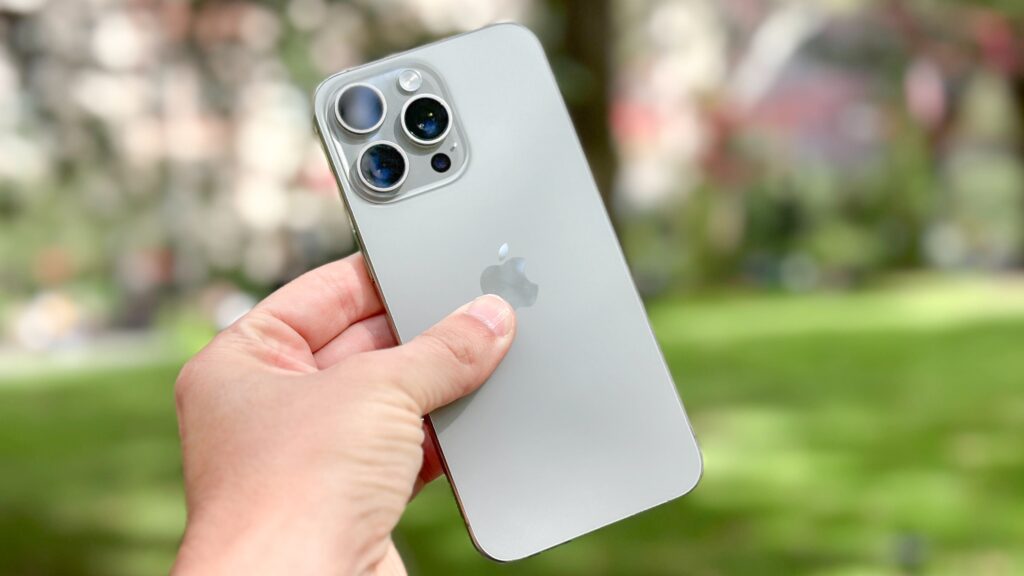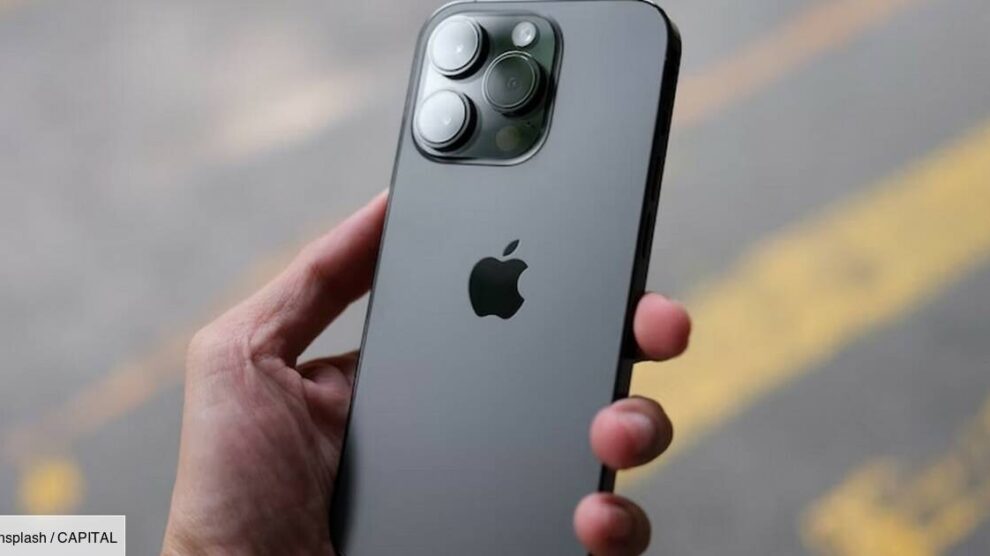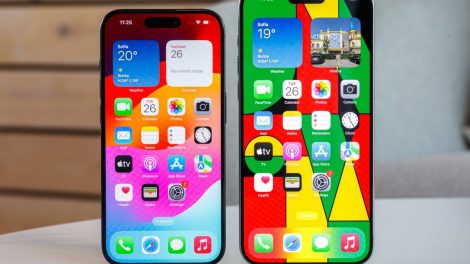
Breaking Down the Camera Upgrade
Technical Implications
- Resolution Boost: The jump from 12MP to 48MP across all three lenses could result in:
- Significantly more detailed images, especially in well-lit conditions
- Improved digital zoom capabilities without significant loss of quality
- More flexibility in post-processing and cropping
- Low-Light Performance: While higher megapixel counts don’t always translate to better low-light photos, Apple’s computational photography could leverage the extra data for improved night mode shots.
- Telephoto Enhancements: The upgrade to the telephoto lens could result in notably improved zoom quality, potentially challenging dedicated point-and-shoot cameras.
Potential Features
- 8K Video Recording: Higher resolution sensors could enable 8K video recording, a feature some competitors already offer.
- Advanced Computational Photography: More data from higher resolution sensors could allow for more sophisticated AI-driven photo enhancements.
- Improved Portrait Mode: Higher resolution depth information could lead to more accurate background blur in portrait shots.
Market Implications
For Apple
- Differentiation: This upgrade could further distinguish the Pro Max model, potentially driving sales of Apple’s highest-end iPhone.
- Competitive Edge: A significant camera upgrade could help Apple compete with Android flagships that have pushed camera technology aggressively.
- Ecosystem Enhancement: Improved cameras could strengthen the iPhone’s position as a tool for content creators, potentially boosting related services like iCloud storage.
For Competitors
- Pressure to Innovate: Other smartphone manufacturers may feel compelled to push their camera technology further to keep pace.
- Sensor Supply Chain: Increased demand for high-resolution mobile sensors could impact the component market.
For Consumers
- Improved Photo Quality: Users could benefit from noticeably better image quality, especially for those who frequently crop or zoom their photos.
- Increased Storage Demands: Higher resolution photos and potential 8K video would likely require more storage space, potentially driving users towards higher capacity models or cloud storage solutions.
- Learning Curve: Users may need to adapt to new camera features and potentially more complex photo editing options.
Challenges and Considerations
- File Size Management: Apple will need to balance the benefits of higher resolution with practical file size considerations.
- Processing Power: Handling three 48MP sensors simultaneously will require significant computational power, which could impact battery life.
- Cost Implications: Higher-end camera components could potentially increase the overall cost of the device.
- Software Optimization: Apple’s camera software will need to be optimized to fully leverage the capabilities of the new sensors.
The Broader Context of Mobile Photography
This rumored upgrade reflects several ongoing trends in mobile photography:
- Computational Photography: The emphasis is increasingly on how software processes image data, not just the raw capabilities of the sensors.
- Convergence with Traditional Cameras: Smartphones are increasingly challenging the territory of dedicated cameras, even for professional use.
- AI Integration: We’re likely to see more AI-driven features that can take advantage of the increased data from higher resolution sensors.
- Video Capabilities: As video becomes increasingly important for social media and content creation, we may see more emphasis on video features in future upgrades.
Looking Ahead
As we await official confirmation from Apple, several questions emerge:
- How will Apple balance the benefits of higher resolution with other factors like low-light performance and computational load?
- Will this camera system remain exclusive to the Pro Max model, or will it eventually trickle down to other iPhone models?
- What new software features might Apple introduce to take advantage of the increased resolution?
- How will this impact the broader smartphone market and competitors’ strategies?
Conclusion: A Potential Game-Changer in Mobile Photography
The rumored triple 48MP camera system for the iPhone 17 Pro Max, if accurate, could represent a significant leap forward in mobile photography capabilities. This move would not only enhance the iPhone’s already strong position in smartphone cameras but could also push the boundaries of what’s possible with mobile photography and videography.
For consumers, particularly those who prioritize camera quality in their smartphone choices, this upgrade could provide compelling reasons to consider the iPhone 17 Pro Max. However, the true impact of this change will depend not just on the hardware specifications, but on how well Apple integrates these new capabilities with its software and computational photography algorithms.
As always with rumors and leaks, it’s important to approach this information with a degree of skepticism until official announcements are made. Nonetheless, this potential upgrade offers an exciting glimpse into the future of mobile photography and Apple’s continued focus on pushing the boundaries of smartphone technology.










Add Comment